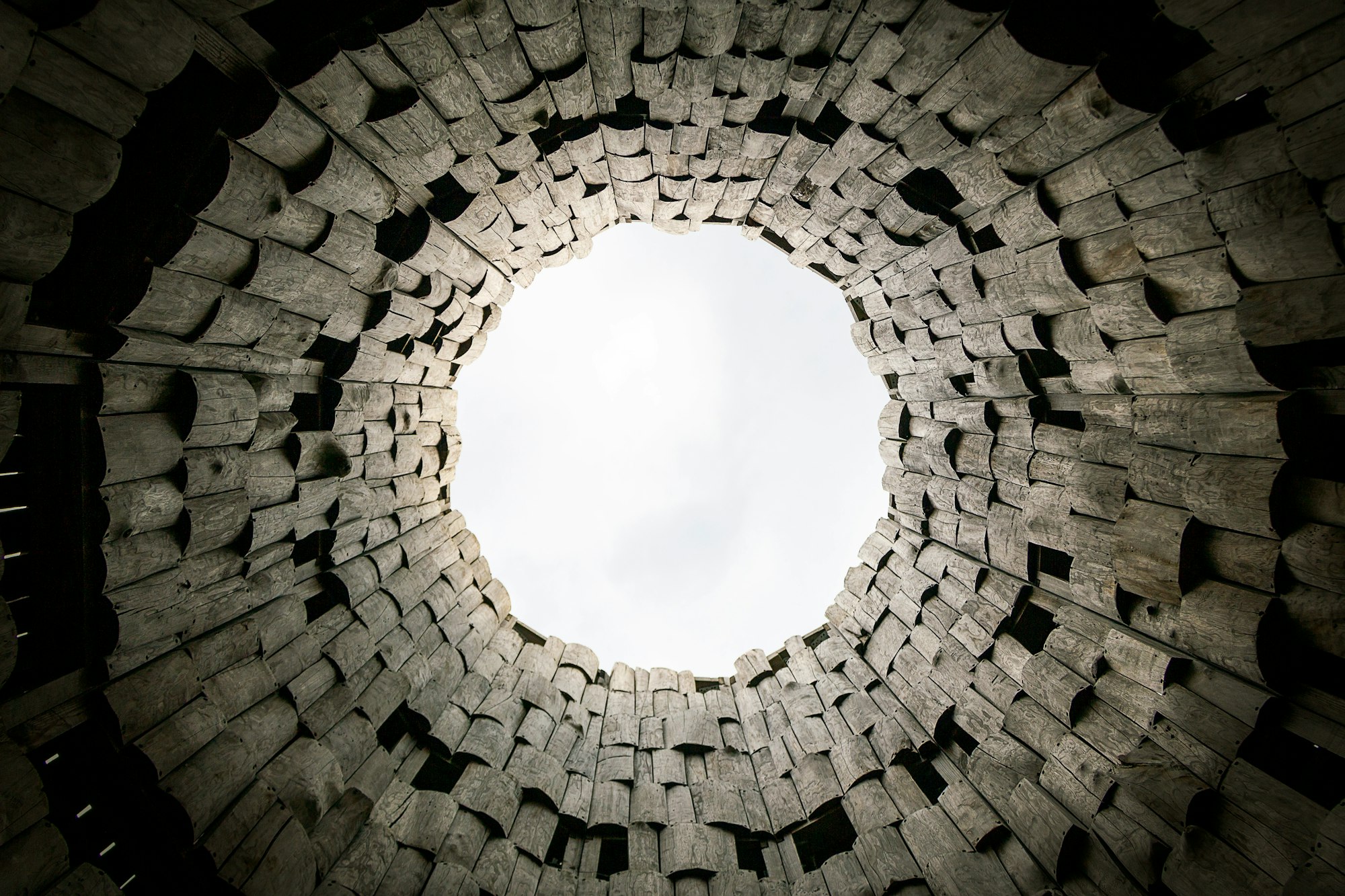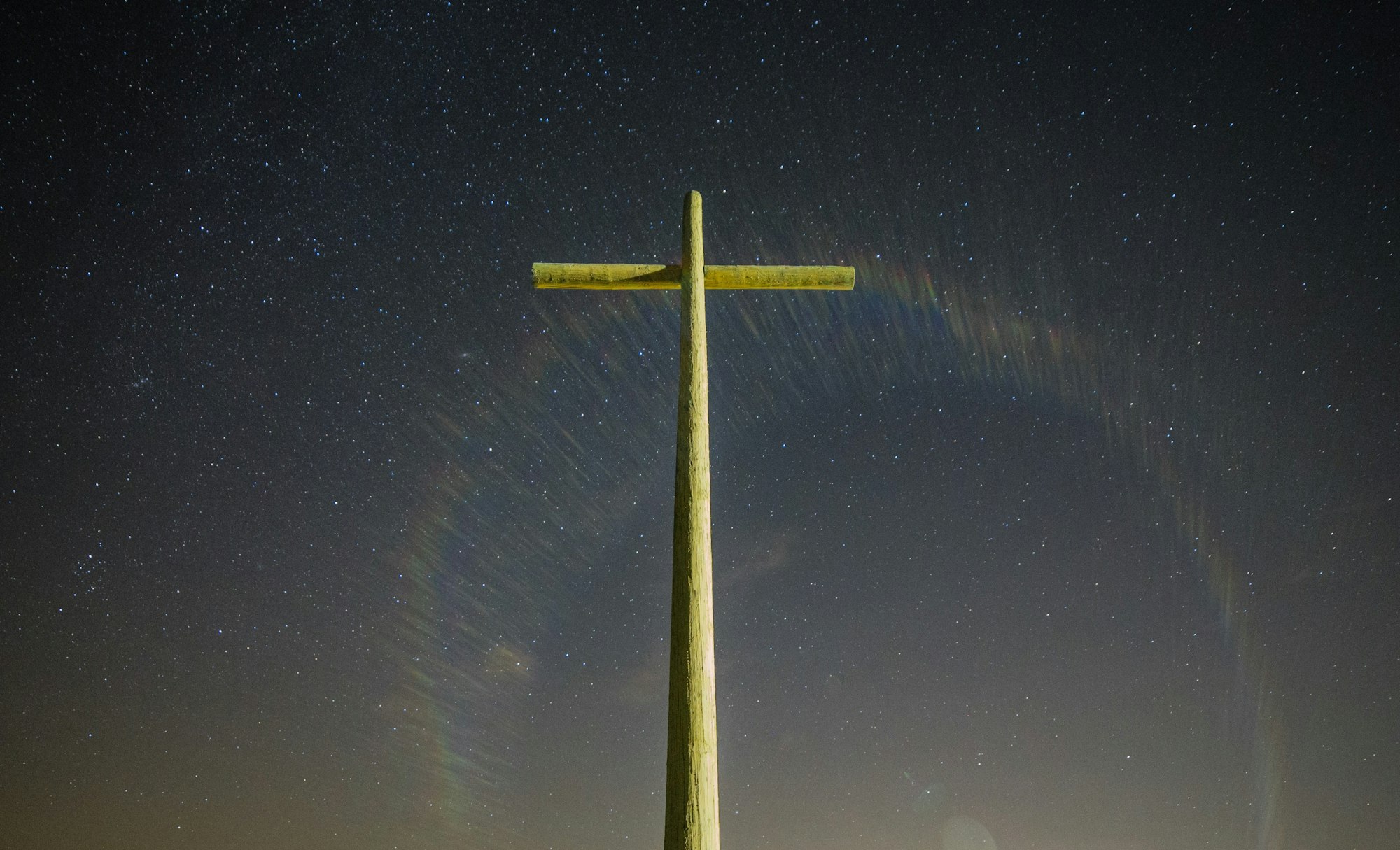One of my biggest fears when I was young was having a son who is gay.
At a very early age I had always known that I wanted to have a family. I wanted to marry a beautiful girl, I wanted to have kids, I wanted at least one son. I did not understand where these desires came from, but part of this may have been that, for our branch of the clan, I was the only remaining potential patriarch who would carry the name; my sibling was a sister, all my cousins from my uncles were girls.
There was a tacit expectation that the family line relied on me. They were part of the expectations that a patriarchal society would bequeath any lad my age, especially one that attends a Catholic all-boys school. I was well aware of the stigma my gay classmates were suffering from. I didn't want to have a gay son, because that somehow was an expectation of a man.
Except the having a family part; I don't know but I really wanted that. I knew I'd be marrying, no matter what. So there was that fear that, because I had to pass that expectations of child bearing on to my son, if my son were gay, that would be the end of it. Especially if I only had one.

Things took a turn twenty years ago when I took a sociology course in university. While I would say that I wasn't particularly homophobic – I had gay friends – I would be lying if I said that at that time my belief systems as a straight man didn't conform to the norms of patriarchy and homophobia. Holding that belief unto myself, we got into a project exploring social deviations, and the project involved interviewing a group of social deviants. During that time, homosexuality was, formally, defined as a social deviation.
When I set about to look for interviewees I chanced upon a gay Christian denomination that congregates not far from the campus; in fact they hold services in a building just across a mall that we go to after classes. I scheduled my interview with them on a day when they were going to hold worship services. I went with the family camcorder in hand, expecting only to come out of the building with a video that I would be submitting to get a grade.
I got out of that building with much, much more.

The gay minister welcomed me and my groupmates into their worship. They would hold a service before our interviews, so I took the chance to try to answer the biggest question in my head at the time: how do you reconcile your Christian beliefs with homosexuality, when the latter was "clearly" not allowed?
In the worship session that followed, the answers were as clearly laid out: I was reminded that Christianity's mandate is love. Jesus's covenant was about God's endless love. If homosexuality were a flaw, then they are merely as flawed as any other sinner; less flawed than the woman who was to be stoned. He pointed out that they are not out to change the way society works, but were only out to be accepted as they are.
After service, the minister asserted his disagreement with our project's premise; that they are not social deviants. As we interviewed other members of the congregation; transvestite, effeminate, and masculine alike, there was a constant assertion that they were born into the world with homosexuality in their blood. They insist that their state of mind wasn't a psychological problem as many others would say it is. And that they were grateful that there was a Christian sect that they could call home; where they could worship the God that they believed in free from the judging eyes of people who claim to be righteous and faithful.
I stepped out of that building with my project materials complete, but with my mind questioning my own conception Christianity. Born and raised a Catholic, I have been led to believe that homosexuality was damnation. But as I read the Bible more, I repeatedly came to question the official assertions, the interpretations being peddled by the "righteous" and the "saved". I was having a crisis of faith.

Years later in a talk explaining the story of the Samaritan woman at the well, dawned on me about how flawed I had been practicing Christianity. That Jesus chose to bless and talk to an adulterous woman, who didn't just having one affair, but five. To top it off, she was a Samaritan, a people normally shunned by the Jews. She even had to draw water from a well at noontime, when the sun was hottest, just so nobody would be there to see her and confront her.
That taught me that faith had no race, no gender, nor did it have sexual fidelity nor orientation as qualifiers. That if God didn't pass judgment on her at that moment, neither should I, on anyone, at any moment. That God chose to bless her, despite how the "righteous" would have judged her.
"Dear friends, let us love one another, for love comes from God. Everyone who loves has been born of God and knows God." 1 John 4:7 NLT
I eventually did marry a beautiful woman; I did build a family that I always wanted. I have a daughter and two sons now, and while they're young enough that their sexual orientation isn't relevant yet, it doesn't matter to me anymore. I'm fortunate not to be burdened by any of those fears. If the time comes that they reveal that they have a different place in the LGBTQ+ spectrum than their biological gender, it's not an issue.
I would continue to love them as my God continues to loves me.

